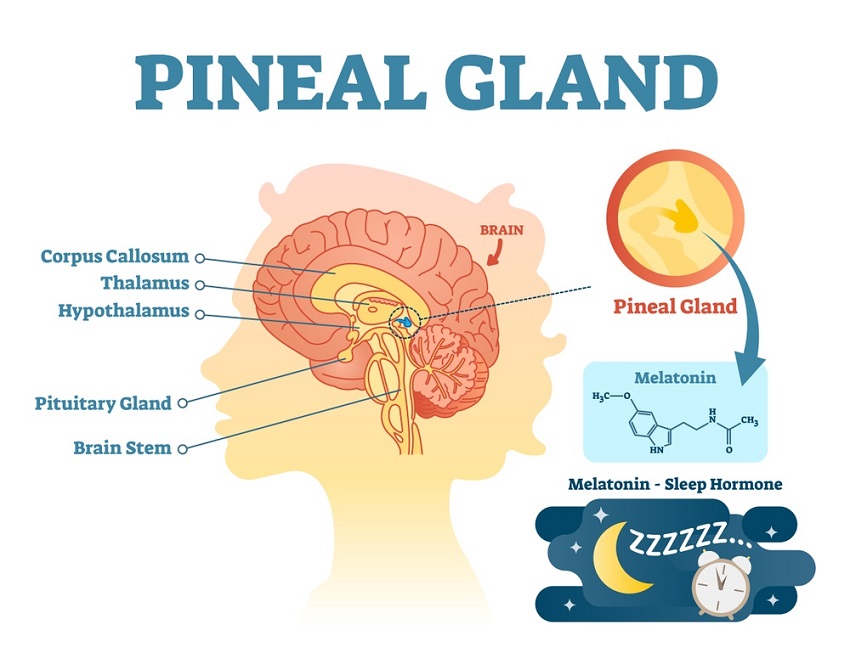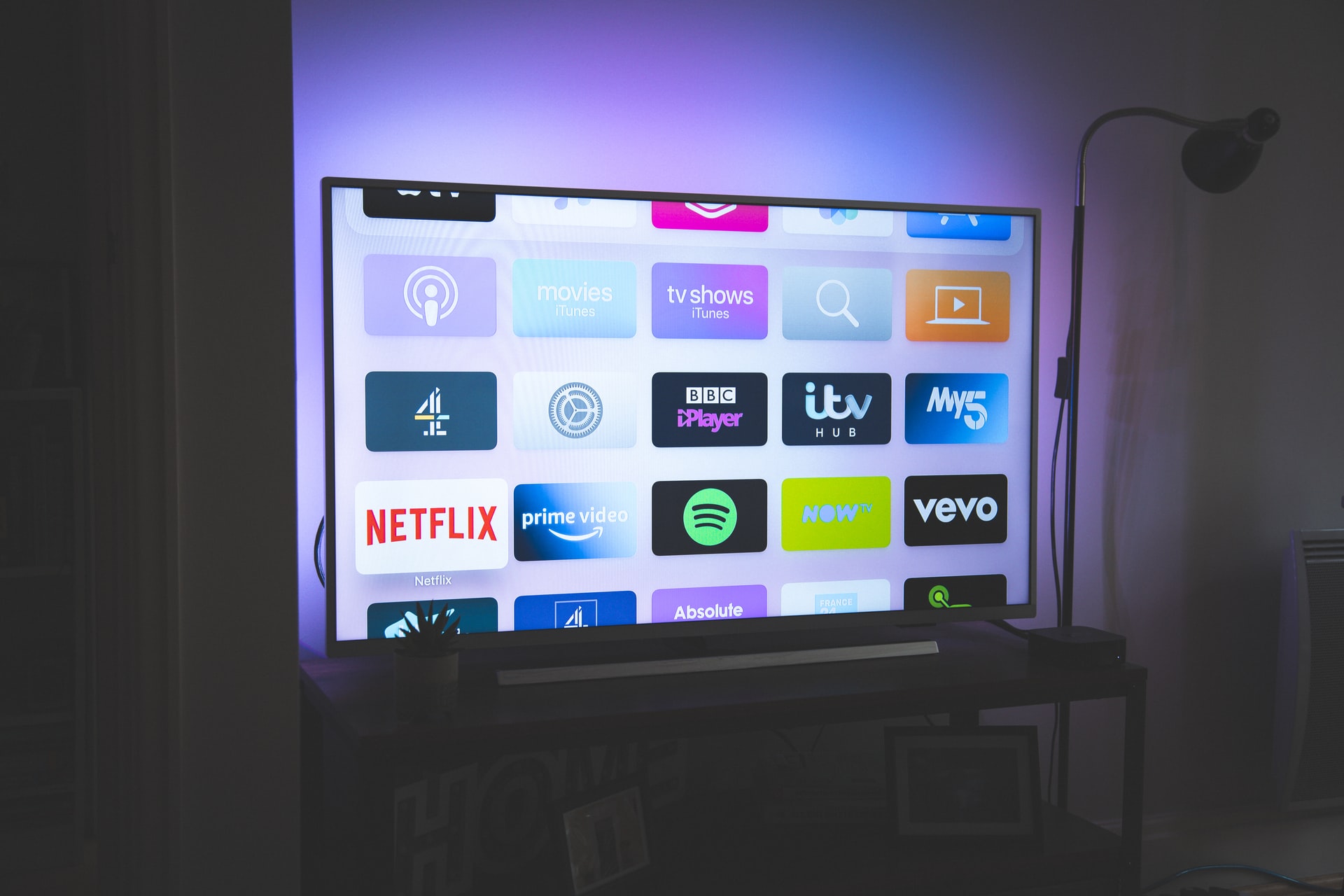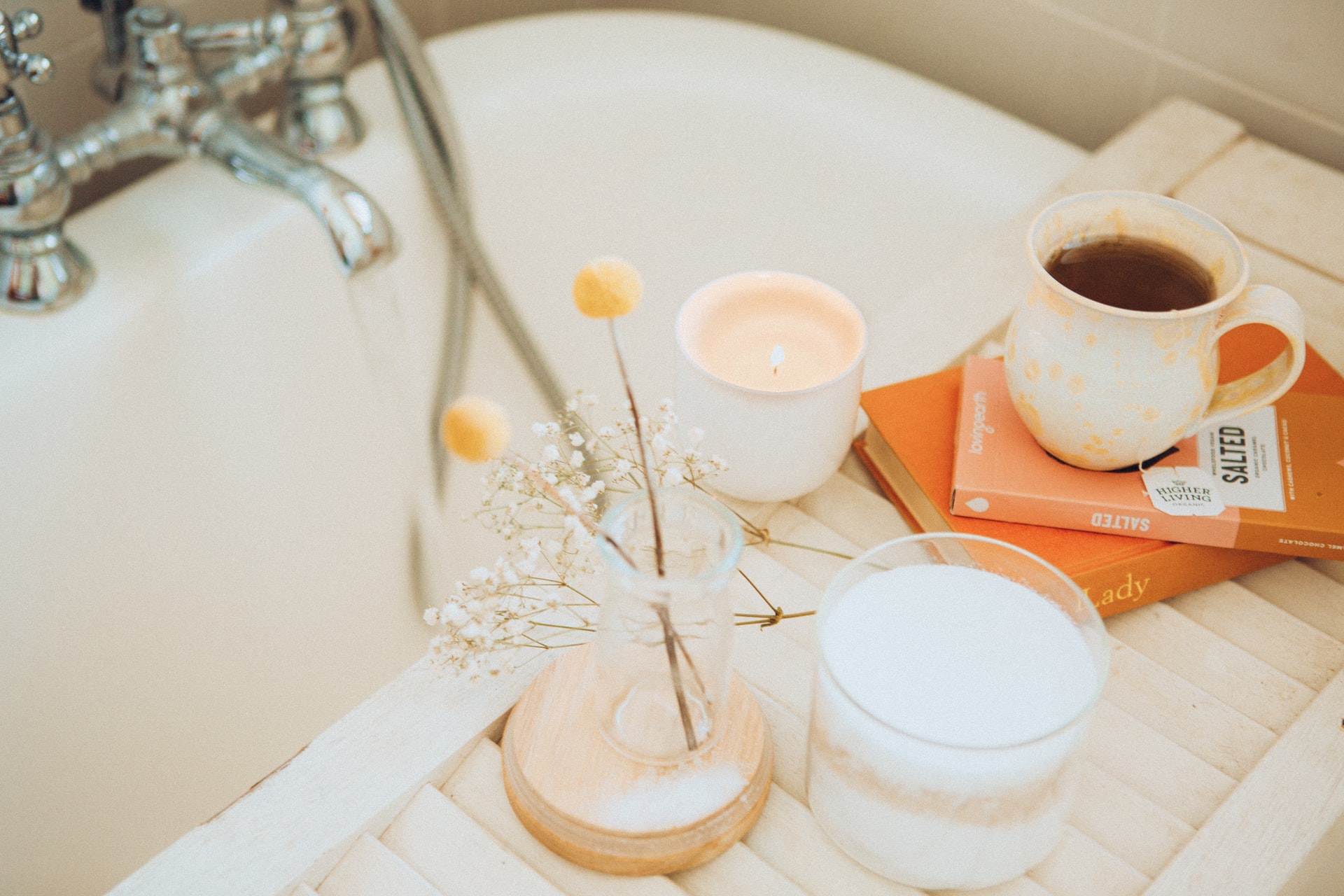High-quality sleep is vital for healing the body and sustained wellness. The body may appear to be still and inactive from the outside during sleep, however sleep is a time when the body is actually very busy.
During the night, we restock our supply of hormones, process significant toxins, repair damaged tissue, generate vital white blood cells for immunity, eliminate the effects of stress, and process heavy emotions. Getting proper sleep is extremely important for your overall wellness! Unfortunately, there is an epidemic of sleep disorders – from trouble falling asleep and trouble staying asleep to actual insomnia. There are, however, several remedies that can help you get better rest.
Whenever a client is struggling with sleep, it is always my top priority to begin their healing journey by working on their sleep issues first! I find that when clients begin to sleep soundly, they are more motivated to make further lifestyle changes (e.g. when you’re well-rested, it is always easier to eat more healthily).

Sleep is ultimately a gift of your body’s pineal gland! We fall asleep due to the pineal gland functioning well. It is a small ant-sized lobe near the middle of our skull in the interbrain. Following our circadian rhythm, the pineal gland secretes a neurotransmitter and hormone called melatonin. Melatonin suppresses the activity of other neurotransmitters and helps to calm the brain. This is due in part by countering the stress hormone cortisol from our adrenal gland. As we become drowsier at night time, the brain slowly begins to turn off our voluntary skeletal muscle functions, so we don’t move around too much and try to act out our dreams or disrupt the body’s internal revitalization work. (Note this is also why it’s so hard to move your limbs or shout out in response to a nightmare.)
 For ideal sleep, melatonin should be rising steadily and cortisol should be rock-bottom low at bedtime. Often times it is not, so I recommend a Cortisol awakening response test to clients. But there’s a catch: the pineal gland secretes melatonin largely in response to darkness. Our evening cortisol levels are lowest in environments with low noise. With our addictions to TV, video games, and email in the evening, our evening activity choices can get in the way of these natural pro-sleep chemical shifts. These devices mostly display full-spectrum light which can confuse the brain about whether it’s night-time or day-time. We also, unfortunately, tend to watch shows that can be loud and/or stressful such as the evening news and crime shows, and view our email or our ever-longer to-do lists. Lastly, digesting a heavy meal eaten later in the evening can also prevent or interrupt sleep.
For ideal sleep, melatonin should be rising steadily and cortisol should be rock-bottom low at bedtime. Often times it is not, so I recommend a Cortisol awakening response test to clients. But there’s a catch: the pineal gland secretes melatonin largely in response to darkness. Our evening cortisol levels are lowest in environments with low noise. With our addictions to TV, video games, and email in the evening, our evening activity choices can get in the way of these natural pro-sleep chemical shifts. These devices mostly display full-spectrum light which can confuse the brain about whether it’s night-time or day-time. We also, unfortunately, tend to watch shows that can be loud and/or stressful such as the evening news and crime shows, and view our email or our ever-longer to-do lists. Lastly, digesting a heavy meal eaten later in the evening can also prevent or interrupt sleep.
Over and over again, I see first-hand with my clients, the power of following good Sleep Hygiene principles to improve or fully remedy poor sleep. Simple changes can be quite powerful…
Here are 7 principles of good sleep hygiene:
- Choose more calming, quieter evening activities that resonate with you and help you to relax both mentally and physically, such as reading a book, taking a bath, going for a light stroll outdoors, playing with a pet, or folding laundry.
- Turn off all full-spectrum light for a full 1-2 hours before bedtime. This means no email, TV, or smart phone apps. Do this especially when you are working on healing long term insomnia.
- Avoid ramping up your brain at night. Avoid activities such as budgeting, balancing your checkbook, next-day-planning, or stressful conversations in the full hour prior to bedtime. Also, make sure you do not ingest caffeinated drinks at all after 1pm. Do not drink green tea, coffee, soda, mate or eat chocolate in the later afternoon or evening. It really can affect you many hours later.
- Make it quiet, but not too quiet. If noise is an issue in your bedroom (too little or too much), purchase some soft foam ear plugs and/or a white noise machine or fan.
- Mind the temperature. Rooms that are too hot or too cold tend to wake us up. In addition to waking us up, temperature extremes naturally increase our stress hormones which promotes wakefulness.

- Have a relaxing ritual at night. Herbal teas such as lavender, chamomile, valerian, or passionflower can help you relax and set the tone for sleep. My favorite sleep combination is DC Labs Formula 303 and Dr. Jerry’s CBD Oil. It works like a charm for me. A hot bath with Epsom salts may be helpful too. Think about writing in a journal, do 10 minutes of gratitude journaling, or read an inspirational or spiritual book.
- It is important to quiet digestion. This is a particularly powerful one that surprises many. For clients with insomnia or light, restless sleep, I recommend no food at all for a full three hours before bed. I have seen many clients do this and find that they sleep better overall.
Please note that in order to achieve lasting change in the quality of your sleep, you cannot follow these principles for just one or two nights. You must commit to following them every night as you would with regular body and teeth hygiene. Sleep hygiene is just as important!



